Follow Us :
Recruiting the right patients for clinical trials is a time-consuming and expensive process. Traditional methods often rely on outdated patient databases or geographically limited recruitment pools, leading to slow enrollment and delays in drug development.

Slow clinical trial recruitment hinders the development of new life-saving treatments. It also increases costs for pharmaceutical companies.

A health company can leverage data science to build robust patient profiles based on electronic health records and other relevant data sources. Machine learning algorithms can then analyze these profiles to identify patients who meet the specific criteria for a clinical trial.

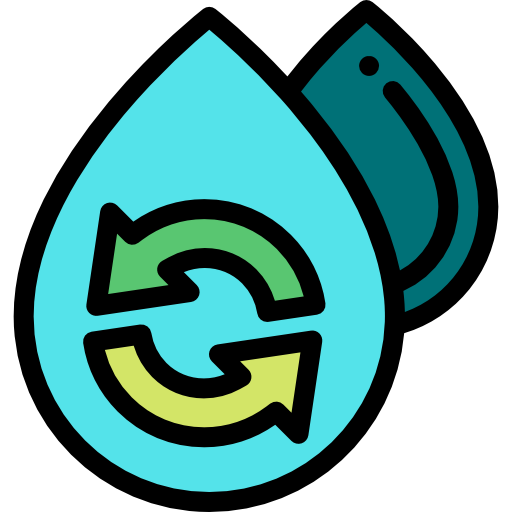
Faster and more efficient patient recruitment for clinical trials.

Increased diversity and generalizability of clinical trial populations.

Reduced costs associated with trial delays and missed enrollment targets.
Hospitals struggle to accurately predict patient risk and length of stay, leading to inefficient resource allocation and potential patient readmissions.
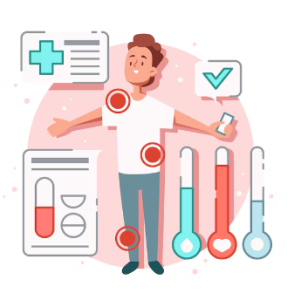
Inaccurate predictions can lead to understaffing or overcrowding in hospitals, impacting patient care quality. Additionally, it makes it difficult to optimize resource allocation and budget planning.

Utilize data analytics to analyze patient data like demographics, medical history, and vital signs. Predictive models can be developed that assess a patient’s risk of complications and estimate their expected length of stay.


Improved patient care by allowing for earlier intervention and resource allocation based on predicted risk.

Reduced hospital readmission rates by identifying patients who may need additional support after discharge.

Optimized resource allocation in the hospital, leading to cost savings and improved operational efficiency.
Medication non-adherence is a major public health concern, leading to poorer health outcomes and increased healthcare costs. Traditional methods for improving adherence often have limited reach and effectiveness.
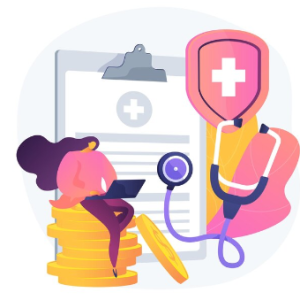
Medication non-adherence can lead to serious health complications, increased hospitalizations, and higher healthcare costs.

Develop a mobile app with an AI-powered chatbot that provides patients with personalized medication reminders, educational content, and answers to medication-related questions. The chatbot can be further tailored based on individual patient behavior and preferences.

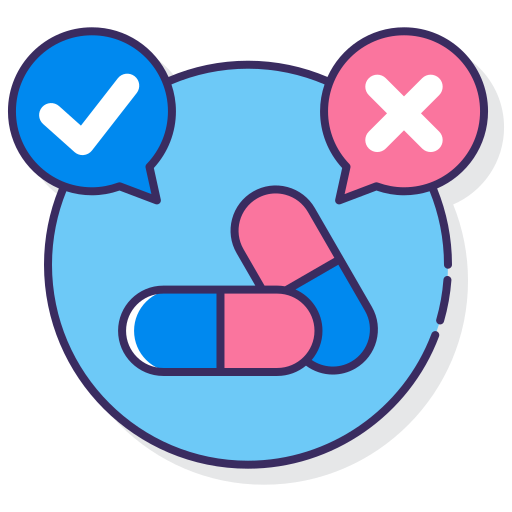
Improved medication adherence rates through personalized reminders and support.
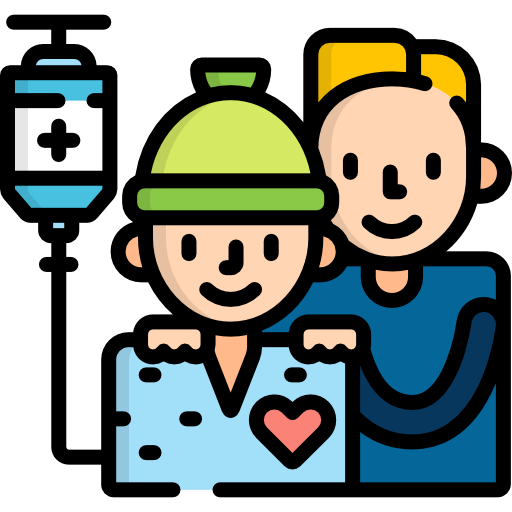
Better patient engagement with their medication regimen.
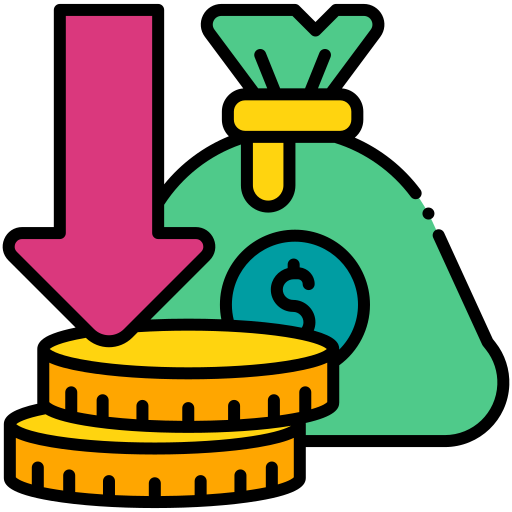
Reduced healthcare costs associated with medication non-adherence.
These are just a few examples of how health companies can leverage data science technology to improve their operations, reduce costs, and ultimately deliver better patient care.